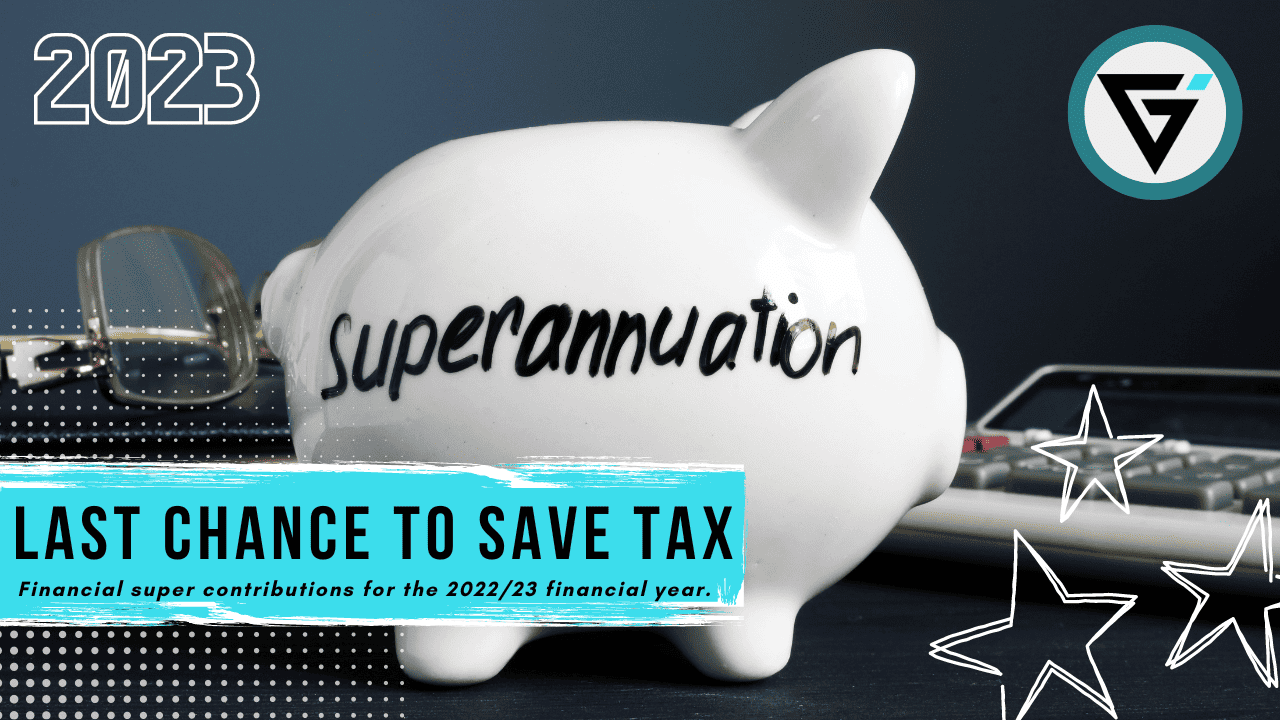There is a bit of a renter’s culture developing here in Australia. A group of people that can afford to buy a house but instead choose to rent and their argument for doing this is a fairly valid one – they believe they can build their net asset position faster by investing surplus cash flow that isn’t going to a mortgage.
Now while I truly believe that there is no one specific financial roadmap that everyone needs to follow, I would argue that for a lot of younger people, buying a house still makes sense financially. Let me explain why.
The ability to borrow against equity
One of the unique characteristics of property, that isn’t offered by many assets, is the ability to borrow against the equity in your house.
Just to recap, equity is the difference between the value of the house and the value of the loan attached to the house. So for example, if your property is worth $500,000 and you owe $200,000, you have $300,000 equity.
By borrowing against the equity you open yourself up to a whole new world of wealth creation strategies. You can reduce your tax liability by creating tax deductible interest, you can implement a debt recycling strategy, or you can borrow to fund alternate investments in business, shares or property. When used responsibly, these are all great ways to boost your net asset position, especially when interest rates are so low.
Now I can hear some of you saying, you can borrow against shares, which is true to an extent. The problem with borrowing against shares is that it comes with a lot of restrictions, often higher interest rates and often with the risk of marginal calls. This is not a great way to leverage.
So for me, if you are young, a great starting point to building wealth is to buy a property and aggressive pay down the debt so you can build equity for your next project.
No capital gains tax
In Australia, when you make a profit on your investment and you sell it for more than what you paid, you must pay capital gains tax (CGT). This tax eats away at your overall net return on investment.
If you buy a house, and live in it as your principal residence, then this is a CGT free asset. That means, you can sell it for more than what you purchased it for and the proceeds are all yours, there is no tax payable upon sale.
If you hold the asset for the long-term (10+ years), then there is a good chance that you could make a significant capital gain. Without this CGT exemption, you could potentially lose a good chunk of your investment to tax! So again, this is a unique characteristic of owner-occupied property that other asset classes don’t get.
Now of course there are ways to structure other assets tax effectively to minimise or eliminate CGT but they all come with some complexity or restrictions.
Diversify your investments
By now you might be thinking that I am a property fan boy, and this can’t be further from the truth. Property does come with it’s downsides, notably high costs to buy, sell and hold. Also, property is arguably very expensive based on current valuations. However, I am a believer in diversification.
At some points in the cycle, property will perform great. At other times, shares will perform great. At some points they will both perform poorly and at other points they will both excel. My argument here is that as part of your overall situation you should maintain exposure to both property and shares.
For someone to say “I only invest in property” or “I only invest in shares” is not smart. Both are great asset classes with unique characteristics and, in my opinion, you should have exposure to both.
Furthermore, by having a mortgage you will also get access to an offset account (provided you structure your loan correctly). Now we all need to hold some cash for emergency funds and future projects, and there is no better place to house cash than an offset account. They are the best financial product that has been created by a bank.
Having a mortgage provides discipline
By taking on a mortgage you take on a BIG financial obligation. You will have regular loan repayments that you need to meet – rain, hail or shine – otherwise serious consequences will apply. This brings a lot of discipline to your financial position which is hard to replicate without a mortgage.
The argument for not buying a house centres around the idea that you will have more cash flow to invest in other assets that provide a greater return than property. This sounds great in theory but in my experience, very few people have the discipline to see this strategy through.
For most people, if you give them additional cash flow they find ways to spend it. There are no serious consequences of skipping an investment like there are for skipping a loan repayment. So in my opinion, one of the benefits of a mortgage acts to keep people humble with their expenditure.
Security of your financial position
One of the great things about owning your own house is that eventually, when the mortgage is gone, you will eliminate a massive expense item from your budget – housing costs. Sure, there will still be rates, utilities, maintenance expenses, etc. but largely your cost of housing will be low.
If you always rent, your housing expense will always be a significant item in your budget. Also, rental prices are out of your control. If the rates of rent increase, you have no choice but to suck it up. The only alternative would be to move to a less desirable house.
As the owner of a paid off house, you get a lot of financial security and a sense of freedom that you will never get as a renter. No one can kick you out, you can paint the walls any damn colour you like, you don’t need permission to hang a picture on the wall. All of this makes you feel damn good and your house becomes your castle – a place to call home where you make the rules.
Final thoughts
Like I said at the start of this blog, buying a house in not for everyone. If you are planning on moving states or countries, if you are within 15 years of retirement, if you are uncertain about your income then these are some examples of times when buying a house might not be a great idea.
However if you are young, with a stable income, then buying a house is normally a great starting point for your wealth creation journey. It offers unique characteristics which other asset classes just don’t give you.










